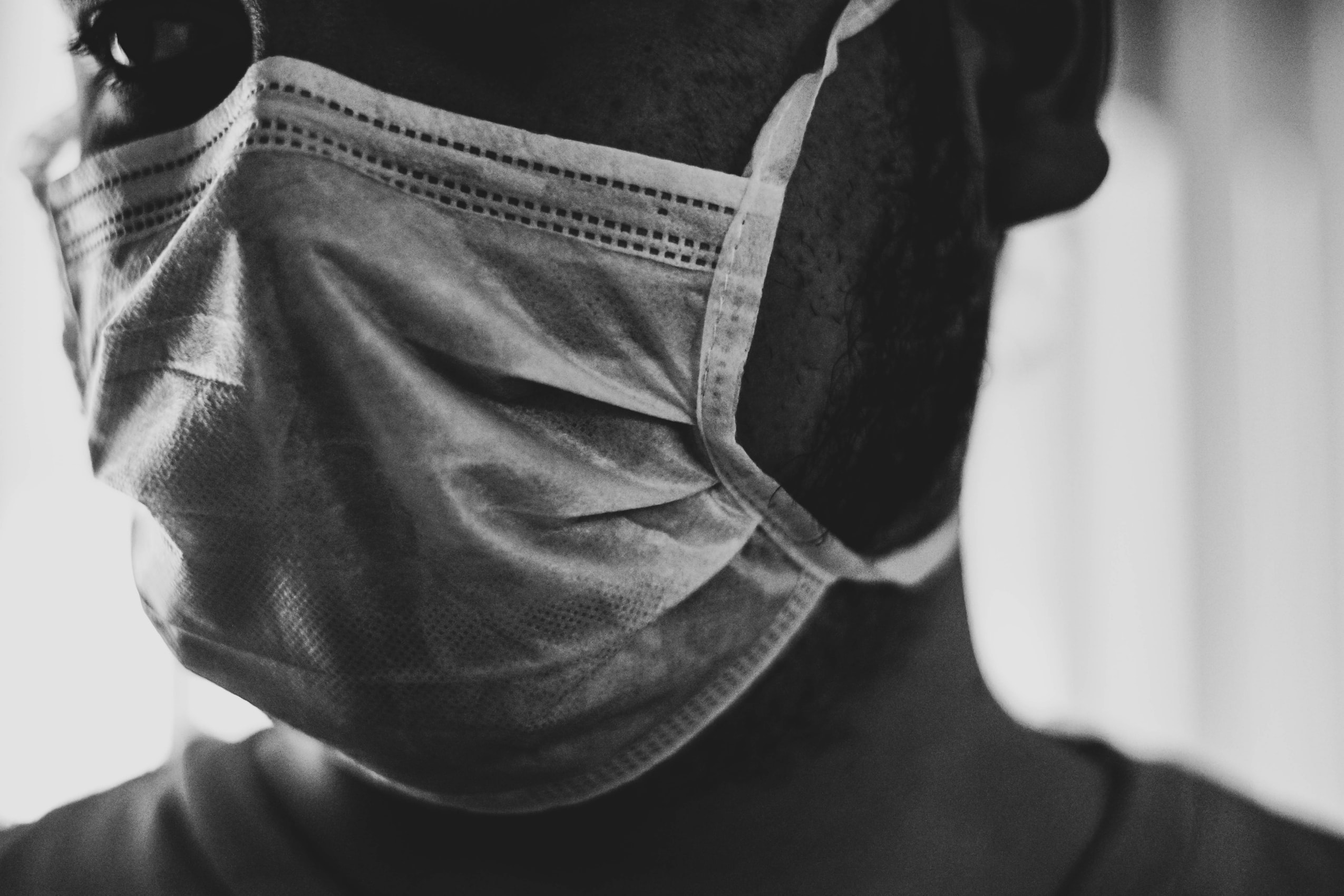On Tuesday, March 21, 2020, the Ministry of Health and National Public Health Institute of Liberia declared a National Health Emergency in the country, outlining a host of measures to support efforts to curb the spread of the Coronavirus. The aim of these measures is to avert a possible existential threat to our country. We are witnessing how COVID-19 is ravaging nations, including western countries with advanced healthcare infrastructure and ample financial resources, and we are all perplexed.
One lesson we have learned so far is that delay in setting up an early precautionary response was the biggest mistake made by most of these countries. We cannot afford to repeat such mistakes in Liberia because the consequences would be immense. Without the requisite public health infrastructure and the national resources to sustain a prolonged containment, our best recourse is to nip the Coronavirus in the bud.
I fully support the Government of Liberia’s declaration of a national health emergency. Hopefully, this will make it possible to harness the basic means and measures to maximize the effectiveness of the national response. This declaration should also awaken national consciousness and inspire all Liberians to realize that we are getting ready for an imminent attack.
It goes without saying that the measures being recommended would usher a wide range of inconveniences, including challenges to our very livelihoods. For this reason, the government should not advance these measures without considering the corresponding interventions to protect the livelihoods of its citizens.
The extent to which citizens will adhere to these measures will greatly depend on the extent to which their livelihoods are affected. We know this from our experiences during the years of war,when people are hungry, they get angry and will overcome any “obstacles” in order to secure their daily bread, even if said “obstacle” is a nationwide lockdown.
Also, it is very important that state actors, especially security personnel and public officials, realize that we are not in a State of Emergency. In short, the Constitution of Liberia is in full force, and civil liberties are thus guaranteed. It is no secret that COVID-19 is yet another poignant test of our democracy. How, then, can the government deliver an effective national response, yet still guarantee the civil liberties of its citizens under the Constitution?
I believe that an effective national COVID-19 response strategy should have at least three dimensions:
- POLITICAL DIMENSION
Declaration of a health emergency does not imply a suspension of the Constitution, in part or whole. Dissimilar to health emergencies, the Executive must work together with the Legislature to declare a State of Emergency. The Judiciary is still working to ensure equality and justice for all. Those who violate our laws must face the full force of the law. It is not clear how the current declaration prohibiting gathering of more than 10 people applies to the assembly of the Legislature (with either 30 or 73 legislators gathering). Additionally, how does this apply to our crowded prison facilities across the country?
The Executive must foster strong collaboration with the other two branches and conjointly determine the appropriate course of actions, consistent with guidance from relevant international health agencies. This duty also includes broad-based consultations with relevant national stakeholders to engender “ownership and buy in” that will promote public adherence to the measures being put in place. For example, it is important that religious groups understand that the ban on public gatherings is not a crackdown on religion, but a safeguard for the lives of worshippers. More importantly, there must be equity in the application of these measures, without fear or favor. The government needs to pay attention to allegations of partiality in enforcing the ban on worship groupings and compliance with screening protocols at entry points such as the RIA. Let this not be business as usual. We know of previous declarations that were either dead on arrival because of lack of political will to enforce, or were violated by the very authorities that formulated them.
- ECONOMIC DIMENSION
The heavy toll the Coronavirus has taken on the global economy is overwhelming- global economies seem to be sinking from meltdown to shut down! The importance of the informal sector in the Liberian economy cannot be overemphasized. Micro and small businesses have been the cornerstone for employment creation in the economy, often masking our labor force statistics, unfortunately. How many Liberians live on “daily hustle,” surviving “from hand to mouth?” Sooner than later, the government would need to take actions regarding the overcrowded markets in Red Light, Duala, Waterside, etc., as we have started seeing with the breaking of market folks’ tables down Waterside market.
This will have a huge impact on the livelihoods of thousands of families: street sellers, cook shop owners, barbershop owners, taxis drivers, kekeh drivers, market women, store owners, wholesalers, retailers, farmers, civil servants, etc. This will cripple household incomes, greatly undermining ordinary people’s ability to survive. What plans does the government have in place to bring financial relief to families that would face stress as a result of the imposition of these restrictions? Government has to allocate national resources to address this potential crisis. Also, there is a need to look into opportunities to work with the private sector, as well as work with other humanitarian organizations, to plan how to deal with the unintended negative consequences of the national COVID-19 response strategy.
- HEALTHCARE DIMENSION
Eventually, the manageme

